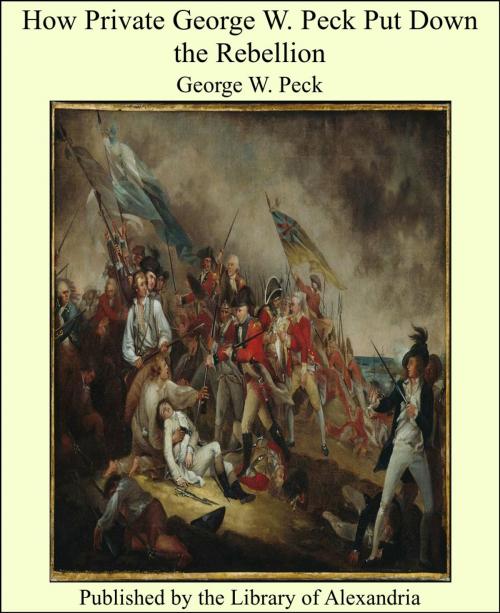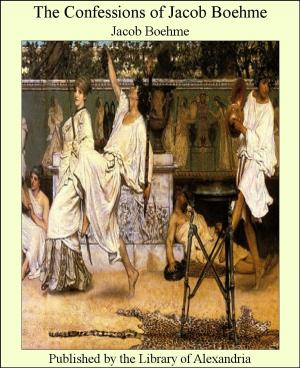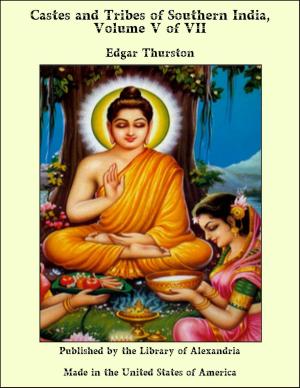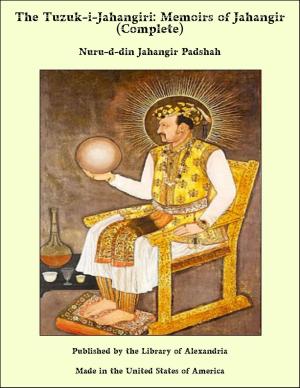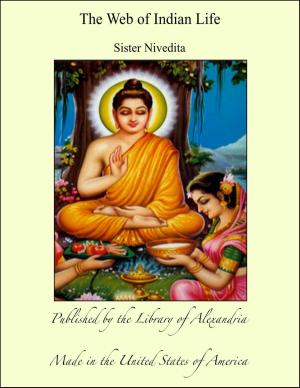How Private George W. Peck Put Down the Rebellion
Nonfiction, Religion & Spirituality, New Age, History, Fiction & Literature| Author: | George W. Peck | ISBN: | 9781465502438 |
| Publisher: | Library of Alexandria | Publication: | March 8, 2015 |
| Imprint: | Language: | English |
| Author: | George W. Peck |
| ISBN: | 9781465502438 |
| Publisher: | Library of Alexandria |
| Publication: | March 8, 2015 |
| Imprint: | |
| Language: | English |
The War Literature of the “Century” is very Confusing—I am Resolved to tell the True Story of the War—How and “Why I Became a Raw Recruit—My Quarters—My Horse—My First Ride. For the last year or more I have been reading the articles in the Century magazine, written by generals and things who served on both the Union and Confederate sides, and have been struck by the number of “decisive battles” that were fought, and the great number of generals who fought them and saved the country. It seems that each general on the Union side, who fought a battle, and writes an article for the aforesaid magazine, admits that his battle was the one which did the business. On the Confederate side, the generals who write articles invariably demonstrate that they everlastingly whipped their opponents, and drove them on in disorder. To read those articles it seems strange that the Union generals who won so many decisive battles, should not have ended the war much sooner than they did, and to read the accounts of battles won by the Confederates, and the demoralization that ensued in the ranks of their opponents, it seems marvellous that the Union army was victorious. Any man who has followed these generals of both sides, in the pages of that magazine, must conclude that the war was a draw game, and that both sides were whipped. Thus far no general has lost a battle on either side, and all of them tacitly admit that the whole thing depended on them, and that other commanders were mere ciphers. This is a kind of history that is going to mix up generations yet unborn in the most hopeless manner.
The War Literature of the “Century” is very Confusing—I am Resolved to tell the True Story of the War—How and “Why I Became a Raw Recruit—My Quarters—My Horse—My First Ride. For the last year or more I have been reading the articles in the Century magazine, written by generals and things who served on both the Union and Confederate sides, and have been struck by the number of “decisive battles” that were fought, and the great number of generals who fought them and saved the country. It seems that each general on the Union side, who fought a battle, and writes an article for the aforesaid magazine, admits that his battle was the one which did the business. On the Confederate side, the generals who write articles invariably demonstrate that they everlastingly whipped their opponents, and drove them on in disorder. To read those articles it seems strange that the Union generals who won so many decisive battles, should not have ended the war much sooner than they did, and to read the accounts of battles won by the Confederates, and the demoralization that ensued in the ranks of their opponents, it seems marvellous that the Union army was victorious. Any man who has followed these generals of both sides, in the pages of that magazine, must conclude that the war was a draw game, and that both sides were whipped. Thus far no general has lost a battle on either side, and all of them tacitly admit that the whole thing depended on them, and that other commanders were mere ciphers. This is a kind of history that is going to mix up generations yet unborn in the most hopeless manner.
